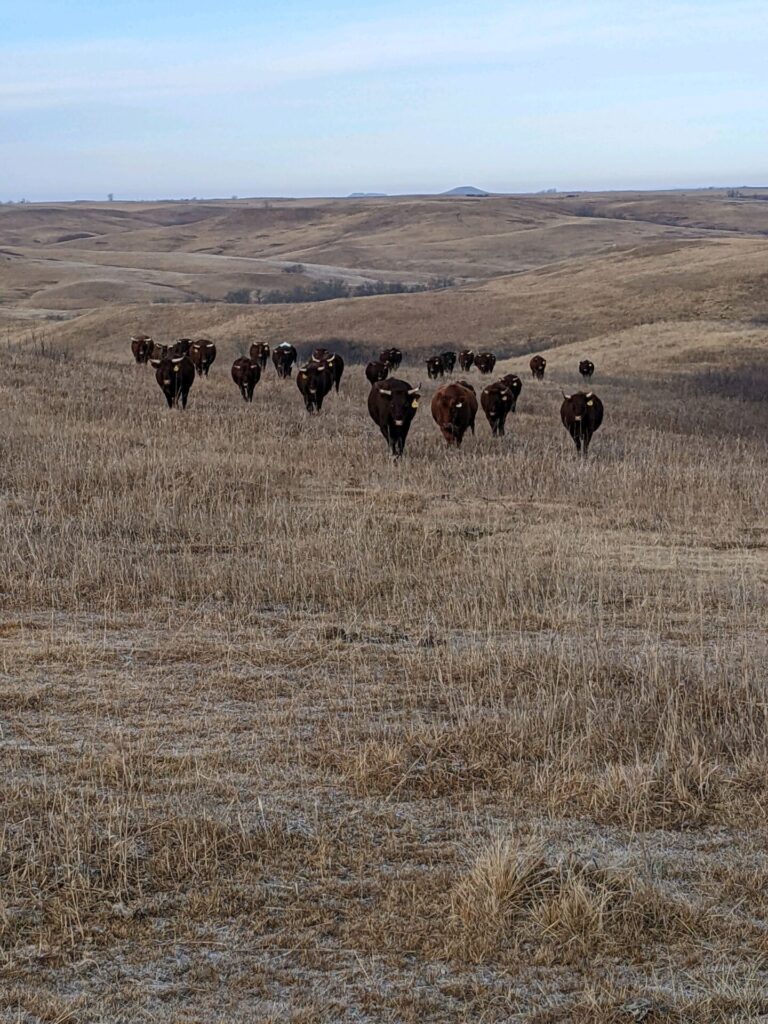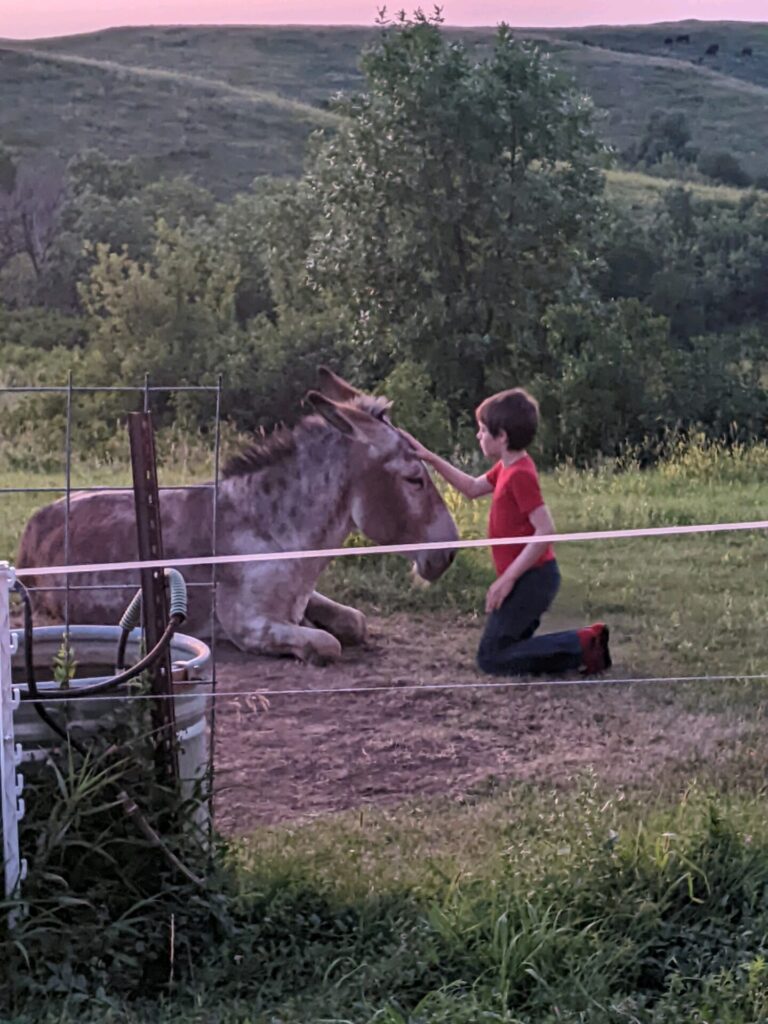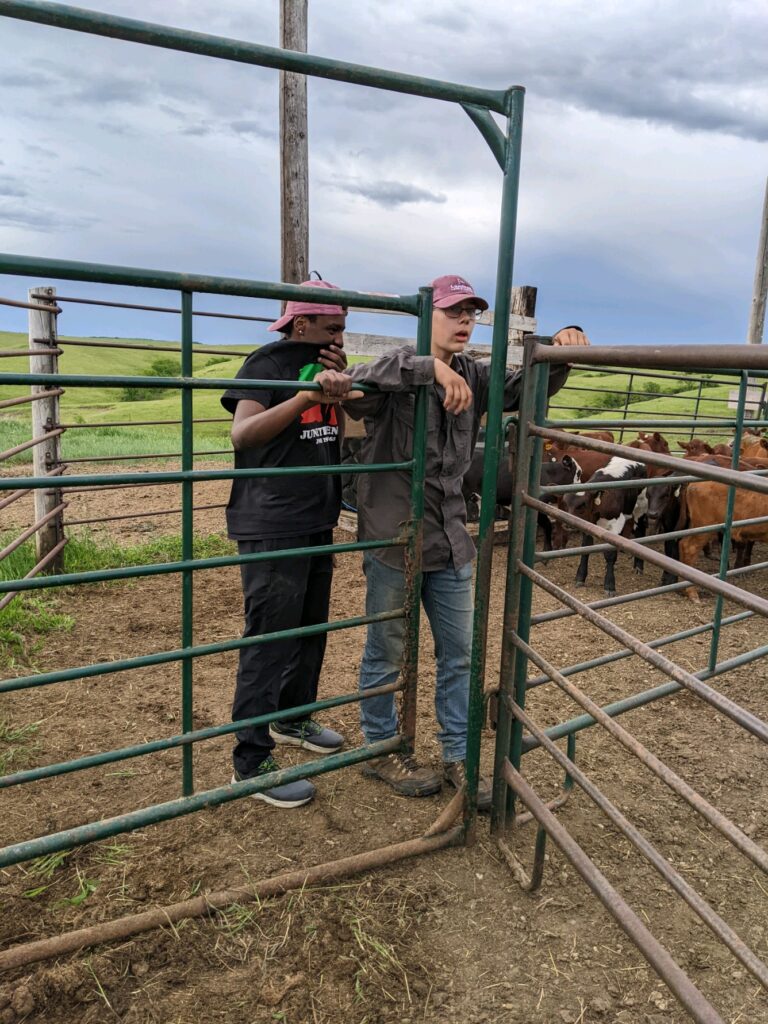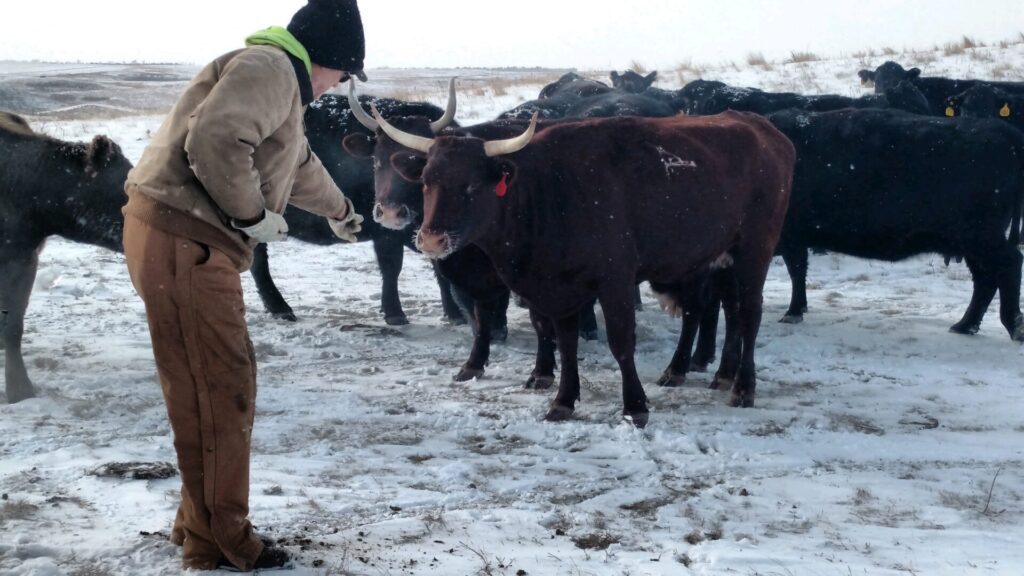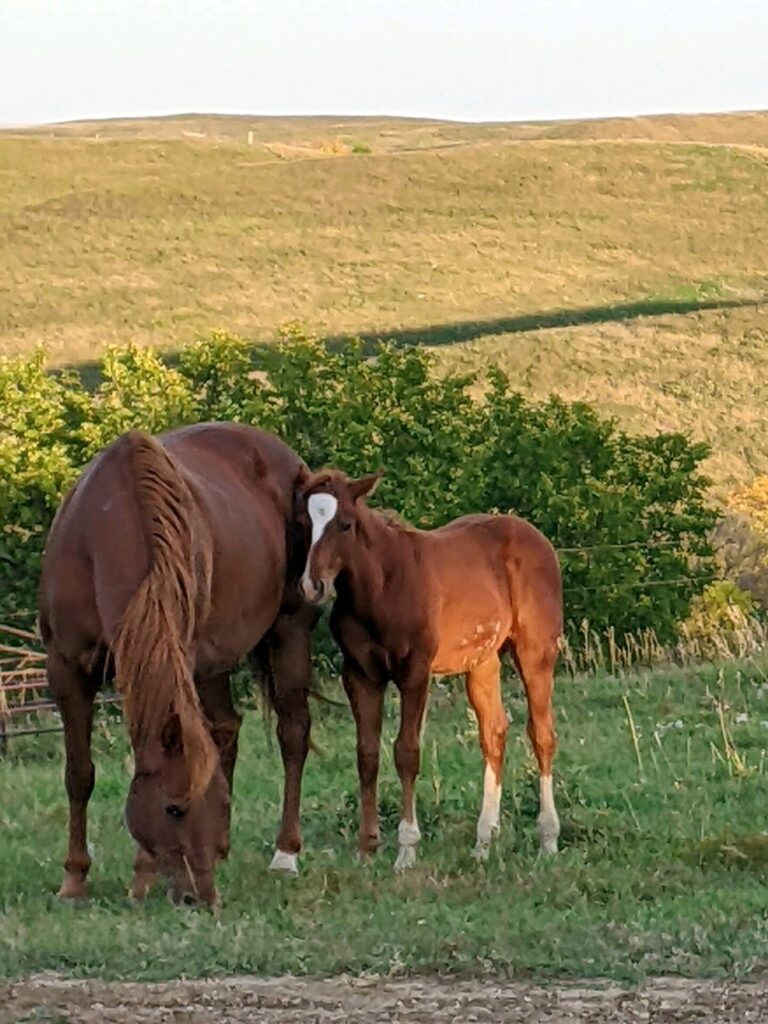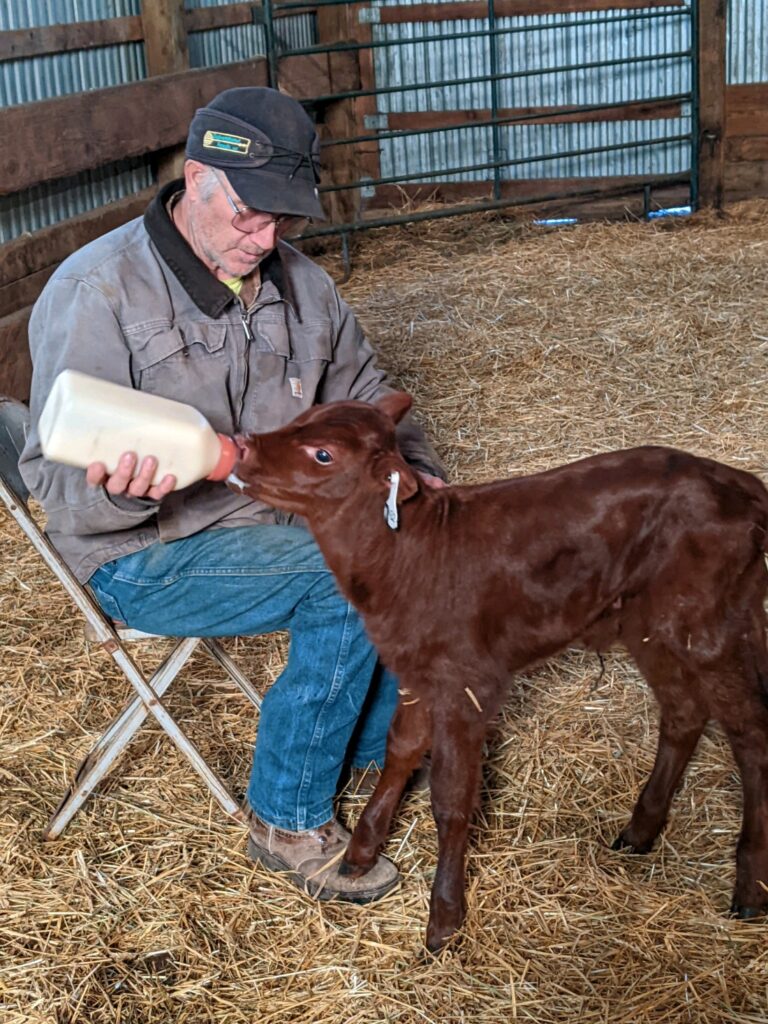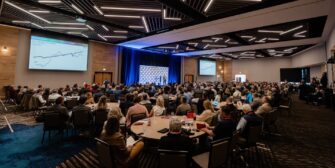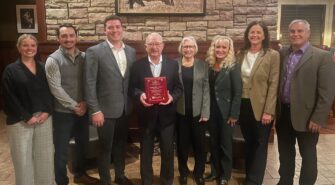3 Family Businesses Honored with Awards from Prairie Family Business Association
Recent News
How farm, ranch families can help ensure multigenerational success, sustainability
Posted in PFBA | March 20, 2024
For three generations, the Hollenbeck family has raised cattle on a ranch in Corson County.
But when it came time to consider the next generation, decisions kept being put on hold.
“Probably 10 years ago, we talked with an attorney, and we knew we really should set something up because we want to be able to pass this on, but we never went very far with it,” said Mary Hollenbeck, who found her match both in her husband, Don, and in the chance to get back on a ranch when they married 46 years ago.
“My dad grew up on a ranch east of Sturgis in the 1920s and 1930s when they didn’t have mechanized equipment and did everything with horses, so he didn’t have an interest and went on to become a computer engineer,” she said. “He wanted nothing to do with ranching, but us kids grew up going to our grandparents’ ranch and loved it, and that’s all I ever wanted to do was get back on the ranch. They say it skips a generation.”
That has proven to be true as the couple’s three children chose other professions, but their 15-year-old grandson has stayed with them the past three summers.
“He wants to ranch and learn how to do it, so he’s kind of our protege for passing it on,” she said.
But passing on farms and ranches brings complexity, both in terms of legal and tax considerations along with the powerful emotions that can come into play.
“There’s a lot of procrastination and conflict avoidance, which I say is killing agriculture,” said Elaine Froese, a farm family transition expert known as “Canada’s Farm Whisperer.” “They’re not talking about the tough issues because they’re afraid of conflict and don’t have the skills for positive conflict behavior.”
Froese, who is recognized internationally in farm business management, will be in Sioux Falls on April 16 to facilitate the Farm Family Forum from 10 a.m. to 3 p.m., the day before the annual Prairie Family Business Association Annual Conference.
“We’re excited to offer this unique program tailored to the needs of farm and ranch families,” said Stephanie Larscheid, executive director of Prairie Family Business Association. “Growing up on a farm myself, I know firsthand how beneficial this program can be. Sitting down for a few hours with your family, surrounded by other families, led by Elaine’s expertise, has the potential to save families and their operations.”
The Hollenbeck family already has taken advantage of Prairie Family Business Association resources. They participated in a live case study and have worked with advisers they met through the association to complete their estate planning.
“We’ve definitely reengaged with our transition planning since we joined the Prairie Family Business Association, and it’s been really good to get the ball rolling,” Hollenbeck said.
Their live case study was done virtually, so their children in multiple states could participate.
“And it’s very hard for us to leave the ranch, so that was really good because we all sat together online and talked about whether to sell the ranch or keep it, and we got their thoughts, and they all wanted to keep the land even if they didn’t want to come back and run the ranch,” she said.
“We worked with Thompson Law, and they made it easy to do. I’m still trying to wrap my head around some of it, but it’s been really good. These things can turn into terrible family fights if things aren’t set up, and there are very good programs in place so that doesn’t happen.”
At the Farm Family Forum, Froese will cover the need to not make assumptions in transition planning.
“Let’s get clarity of expectations, certainty of timelines and agreements, and a commitment to action,” she said. “We’ll gain skills around what questions to ask and how to ask them in a fashion that will be profitable for everybody. They’ll learn new tools and strategies that they’ve probably never figured out before.”
Farm and ranch families quickly will realize they aren’t alone if they have not begun transition planning or haven’t made much progress with it, she said.
“One of the myths in agriculture is workaholism,” she said. “They’re too busy to plan because they’ve not blocked off time. We need to work, but we also need to play and rest and plan, and then we also need to act. They think if they just work harder, things will work themselves out.”
The Farm Family Forum will allow a common setting for discussion with a way for participants to ask questions anonymously and interact with Froese through text messaging during the event. Plan to take away insight on:
- Communication styles, including effective ways to express expectations and agreements.
- Achieving fairness in families, covering key issues such as income streams, housing and overall equity.
- Actionable plans, including creating a timeline for action encompassing communication, estate planning, financial strategies and conflict resolution.
“I want people to really think about when they die what they want to leave behind, and hopefully it’s richness and clarity and not a lot of fighting and conflict because they didn’t do the work in a timely fashion,” Froese said.
“A lot of people are living in the neutral zone with the pain of not knowing and not creating certainty for themselves and their families.”
For the Hollenbecks, planning already is leading to peace of mind.
“We’ve been putting everything down as far as our wishes, so everyone knows where everything stands. Yes, it’s an investment both in terms of time and financially, but we consider it part of our family’s legacy, and the reassurance it creates is priceless,” Hollenbeck said. “That’s where Prairie Family has been so good. We’ve been talking to our neighbors and saying, ‘You really need to think about this.’ I wish we’d done this 10 years ago.”

